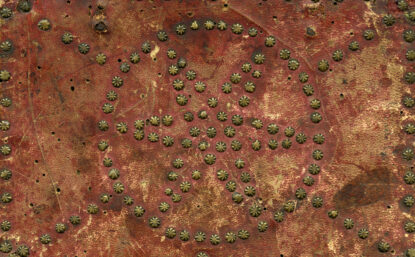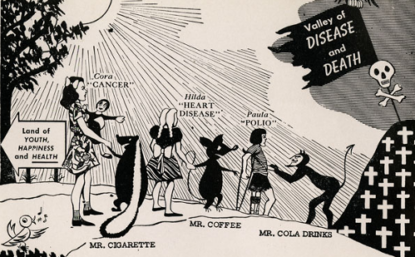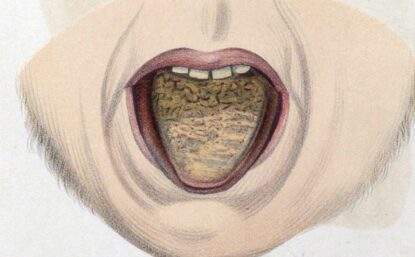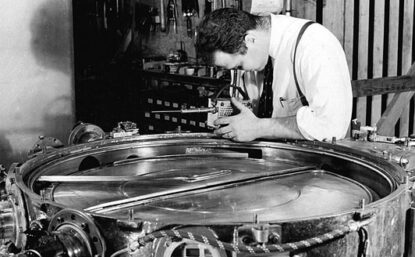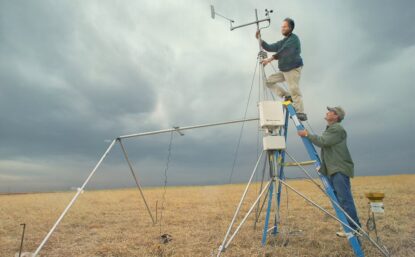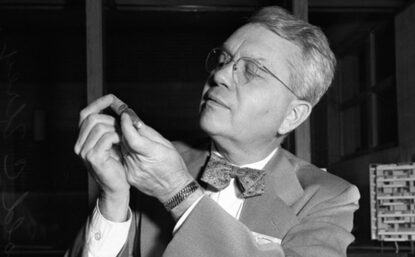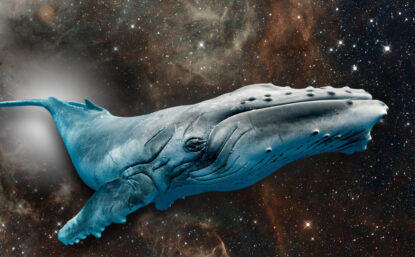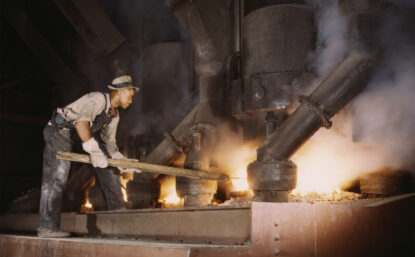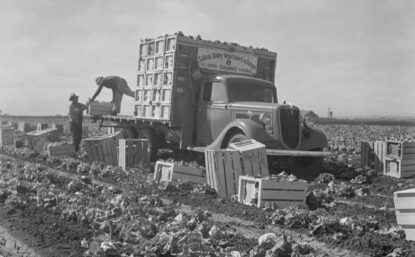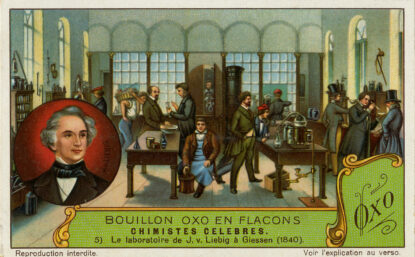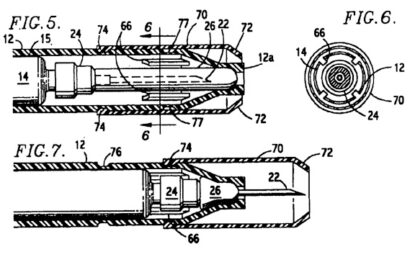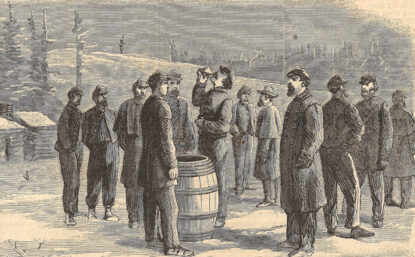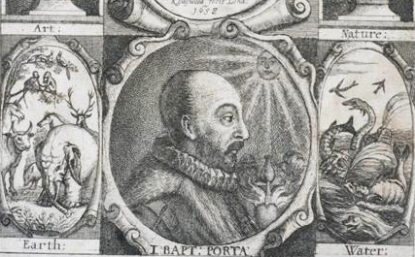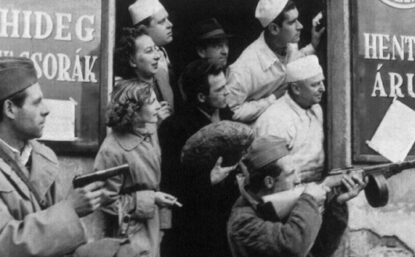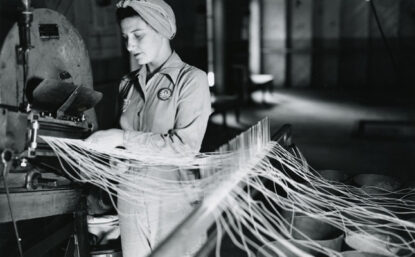Distillations magazine
A Game of Cat and Mouse
A predator stalks Marion Island, and it weighs less than an ounce. Scientists are racing to stop it.
Distillations articles reveal science’s powerful influence on our lives, past and present.
Colors Run Riot
The rise of synthetic color and the scientists and designers who tried to save society from itself.
The Philosophers’ Stove
Fancy some alchemical recipes from 15th-century Italy?
Write for a Free Booklet: Howard Bishop’s Crusade to Decontaminate America
The man who wanted to make the United States a healthier place and the sometimes fuzzy line between science and quackery.
Making Gemstones
How hard can it be to make a gemstone? Plenty hard. People have been trying for almost 2,000 years, but success finally beckoned in 19th-century France.
A Future without Limits
For decades serious people have tried to turn the stuff of science fiction—space colonies, self-replicating machines, and solar sails—into scientific reality.
Yellow Fever Fiend
A Confederate doctor had no problem breaking the Hippocratic oath.
Accelerating Oncology
How a machine used to create atom bombs became a tool for healing.
Clearing the Air
Three atmospheric scientists describe carrying their work beyond the lab.
Harold C. Urey: Science, Religion, and Cold War Chemistry
What most frightened the Nobel Prize–winning chemist and explorer of Earth’s deep past?
Whales in Space
Whale oil has been used in soap, explosives, and even margarine. Has it also fueled space exploration?
Peak Phosphorus?
What does a world short on phosphorous look like?
Processed: Food Science and the Modern Meal
The early 20th century was an especially rich time for creating ways to process and preserve food.
Where’s the Beef?
Mix a 19th-century chemist with a South American roader builder. Add cows and boil.
A Mighty Pen
Discover the history of the EpiPen.
“The Popular Dose with Doctors”: Quinine and the American Civil War
During the Civil War necessity drove the North and South to develop different strategies for dealing with malaria.
Laws of Attraction
The magnetic connection between sailors, adultery, and garlic.
Behind the Curtain
Three Hungarian scientists who survived the Nazi occupation of their country and escaped Soviet oppression.
Boom Times
Follow the birth, life, and demise of the Hercules Powder Company, which once dominated the explosives industry in the United States.


